Year after year, France suffers defeat in African regions. While still considering itself the rightful master of the continent, Paris cannot accept the fact of loosing control in various African countries.
The methods have changed, but the main objectives – the exploitation of African resources and lands – remain the same. From Cameroon to Senegal, through Côte d’Ivoire, Gabon, and all the former colonies of Francophone Africa, France does its best to maintain its waning influence.
But to what extent is it really succeeding?
The events in Mali, where the military came to power after overthrowing President Ibrahim Boubacar Keïta, who was supported by the French, and showing an interest in cooperation with Turkey and Russia, the decision of French President Emmanuel Macron to sharply reduce the military presence in Mali, Niger and Burkina Faso have become for analysts a sign of the end of Françafrique. Some African experts even hope that the new military head of Guinea, Mamady Doumbouya although he served in the French Foreign Legion, will work for the benefit of the people – against the interests of France and the United States.
What are the hopes for the end of the Françafrique era?
Françafrique
Françafrique is the post-colonial system that emerged in France-Africa relations after the colonies formally emerged from their subordinate position on the continent. But despite the ostensible liberation, the neo-colonialism of Paris has only acquired a new format, and the former colonies have never achieved full-fledged sovereignty.
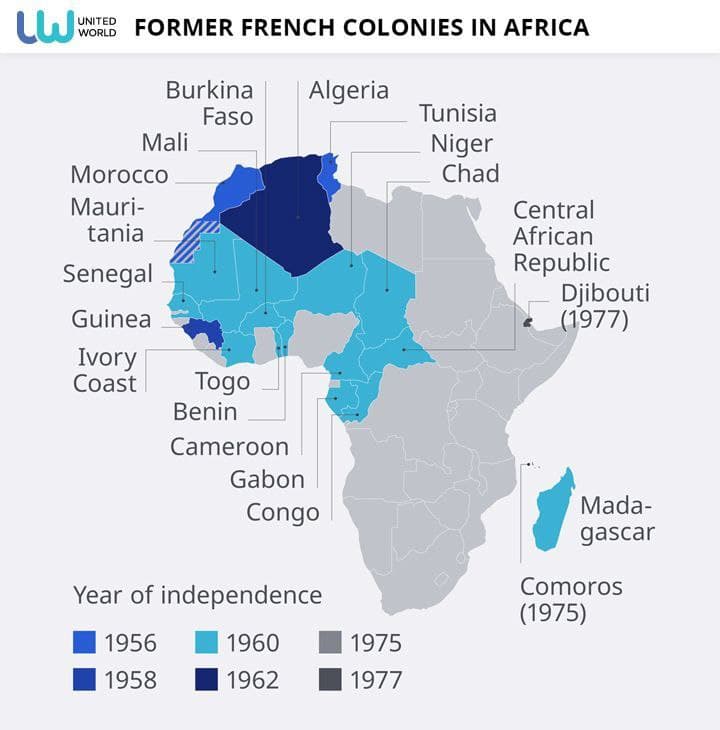
First of all, neo-colonialism manifests itself in the unilateral exploitation of Africa’s resources. France is trying to maintain such preferences as an advantage in obtaining raw materials, as well as the priority of French interests and companies in the state procurement of African countries.
Second, there is the financial dominance of Paris. The CFA franc currency, the storage of gold reserves, and the entire structure of the banking system are built on profiting from the wealth of the continent. The residual income from this luxury is lost in the anarchist bureaucracy of many rulers (which causes particular discontent among the locals and is associated with negative French influence).
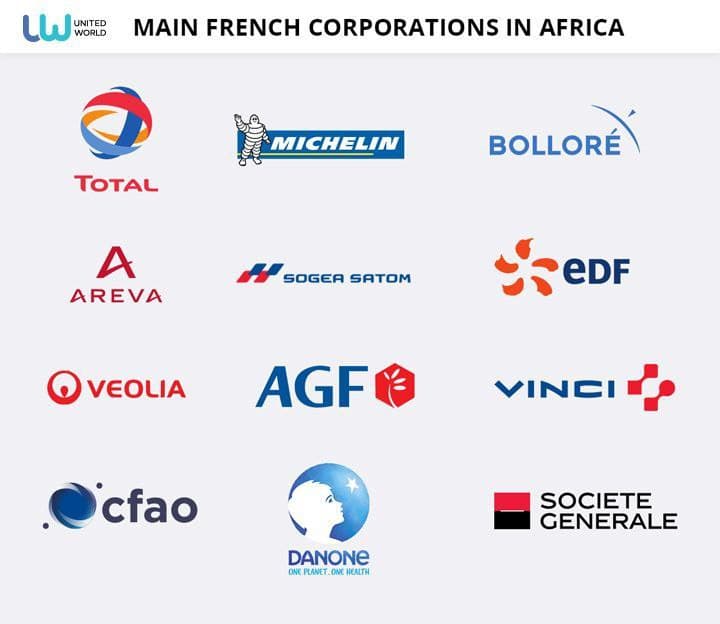
France also maintains double standards in African politics by manipulating notions of democracy. For example, against the backdrop of recent events in Guinea, France condemned the coup, even though it had recently supported the military seizure of power in Chad. After the death of President Idriss Déby in April 2021, power in Chad passed to one of his sons, Mahamat Idriss Déby Itno, who was supported by the military. They dissolved the government and parliament, but the new junta was supported by the official Paris, which also had had nothing against the 30-year rule of Idriss Déby, who came to power by armed force.
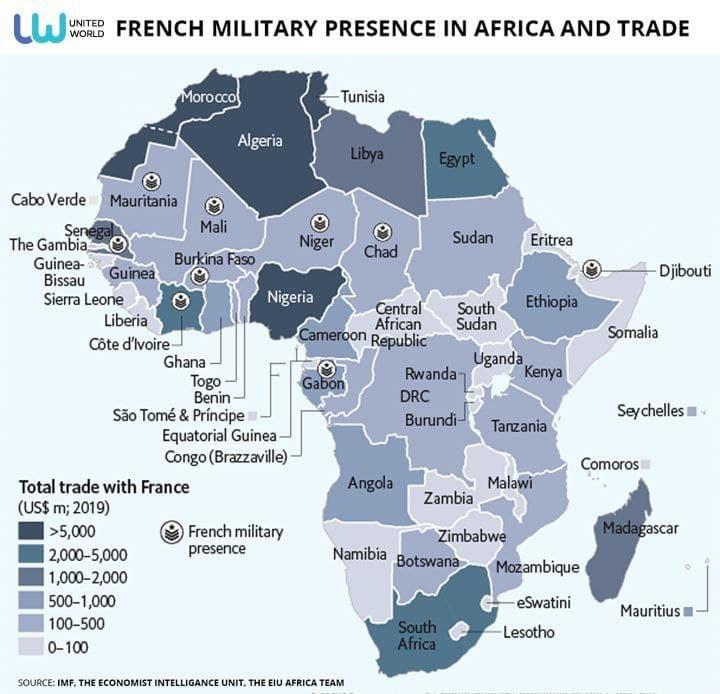
France intervenes directly in African affairs, as it did in 2011 in Cote d’Ivoire, when French troops supported Alassane Ouattara and put this friend of George Soros and former employee of the International Monetary Fund in the presidency. A recent example, Paris’ shadow supported for ex-President François Bozizé of the Central African Republic, who in December 2020 tried to disrupt democratic elections and launched an armed rebellion.
France is becoming a threat to African countries. It brings enslavement, poverty, corruption, support for dictators, and, where it cannot hold power, chaos.
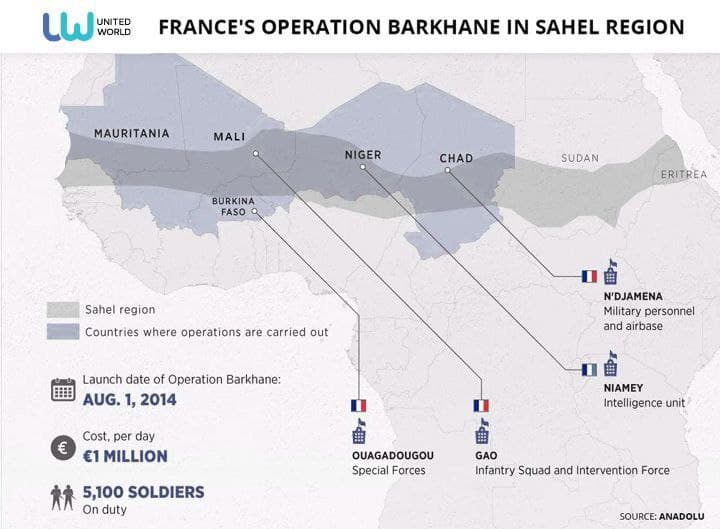
Of course, Paris is trying to maintain military and political control over the continent, wishing to retain the primary right to supply arms, train personnel, etc. Meanwhile, even the new interim head of Guinea, Mamady Doumbouya, who is assessed by many experts as a lobbyist for French interests, stressed in his speech that Guineans are annoyed by the arrogance of the French, and they observe a de facto segregation in the country. “The worldview of foreign soldiers in Africa has changed over time,” the new Guinean boss continued. “In the past, the white man was necessarily considered a competent person, which is not the case now because we allow ourselves to look critically at their actions and their explanations thanks to our more advanced training.”
The search for an alternative
A wave of military coups amid international intervention is becoming the normal state of affairs in Africa. As Alioune Tine, founder of AfrikaJom Center think tank, explains for France24, the proliferation of military coups on the continent is becoming “an undeniable phenomenon.” This trend, he assesses, is mainly due to “the loss of influence of international and regional organizations designed to ensure respect for democracy,” such as the African Union, ECOWAS, the United Nations or the European Union. Against this background, China, Russia and Turkey, which “are expanding their influence in Africa and do not demand any democratic compensation for doing business, are winning.”
Thus, African leaders are beginning to understand that doing pragmatic business on an equal footing is a chance for sovereignty. Neither the United States nor France offers an equal partnership, pursuing an essentially neocolonialist policy. Not surprisingly, more and more Africans prefer to do business with alternative partners.
For example, the French recognize the significant growth of Turkey’s authority and influence on the continent. Le Monde’s article refers to fears about Turkey in the Sahel region, where security is the most acute issue.
The International Crisis Group notes a fierce geopolitical rivalry in the region, which increasingly worries France and other Western powers – especially in the south of the Sahara (Burkina Faso, Mali, Mauritania, Niger, Chad). So far, Turkey’s interests in the Sahel have seemed mainly economic, but Ankara is showing more and more diplomatic and military interests in the countries. One striking indicator, the paper believes, was the signing of an agreement between Niger and Turkey that involves sending Turkish soldiers to Niger to train and support its forces in their fight against the terrorist organization Boko Haram. Ankara also agreed to help Africans secure the borders with Mali and Burkina Faso.
Jeune Afrique, citing an Africaleads poll, stresses that the image of Turkey, Qatar and the Emirates is improving amid Paris’ declining credibility.
As for Africa’s other partner, Russia, cooperation is going well, especially in the economic and industrial fields. For example, mutually beneficial common projects include the supply of Russian equipment for metallurgical and mining companies as well as the development of a transport and logistics system (equipment for railroads, air transport, etc.). As a country with energy potential, Russia is also interested in participating in assistance in building energy infrastructure – everything that concerns oil and gas installations, as well as equipment for hydroelectric plants and nuclear power stations. The expansion of the presence of Russia’s major corporation Rosatom on the African continent (for example, the construction of the El Dabaa nuclear power plant in Egypt) is indicative.
At the same time, Paris is seriously concerned about the growing Russian influence in one of its most important countries in Africa – the Central African Republic, where Russian contractors play major role in maintaining security. In its struggle for former influence, France has threatened to freeze budgetary aid and partially cut off military cooperation. But while France threatens a subordinate position, the CAR has effectively cooperated with Russia, voluntarily, constructively, and without pressure.
And, of course, there is a huge increase in the Chinese presence. The French media prefer to write caustically about Beijing’s lending to Africa, but never about mutually beneficial infrastructure deals. Despite the Covid-19 pandemic in 2020, China has announced an increase in trade figures. Following the entry into force of the first continental free trade agreement (FTA) with Mauritius, China reiterated its desire to strengthen its position. Chinese Foreign Minister Wang Yi stated the strengthening of cooperation in an interview with Xinhua News Agency and China Media Group in early January 2020, before embarking on an official tour of Nigeria, the Democratic Republic of Congo, Botswana and Tanzania.
Today Africa is the world leader in terms of development and consumption growth. Young people are expressing a desire to stay in their homeland and develop production locally. Thanks to cooperation with partners, African countries are developing their agriculture and chemical industries, as well as developing the energy and transport industries.
The increased interest in developing relations with African countries on the part of other French competitors – the United States, India, the Gulf States, Brazil, Israel, Japan and Korea – is not surprising.
Despite its losses, France is not yet going to completely abandon its neocolonialist ambitions. From October 7 to 9, Montpellier will host the Africa-France Summit which defines itself as a “new format, with new players, new themes and new challenges,” and which aims to “take a fresh look at the relationship between Africa and France, to offer a new framework for reflection and action to new generations. However, against the background of the successes of other partners, it seems more like a French cry of hopelessness in today’s realities.







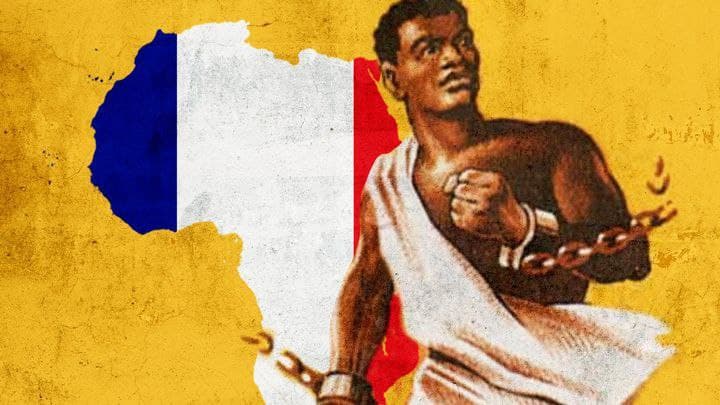
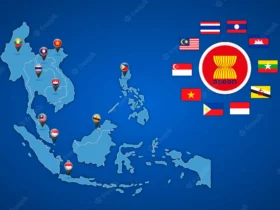
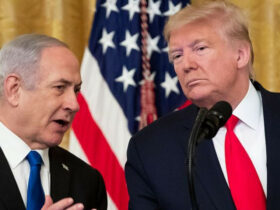


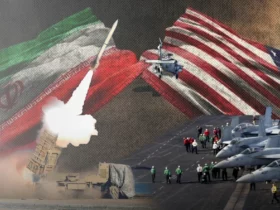




Leave a Reply